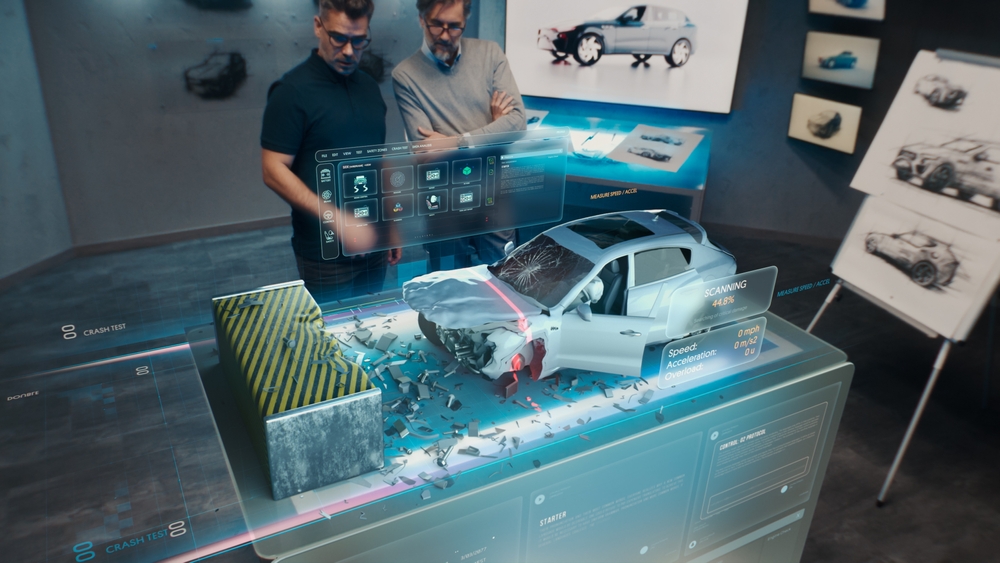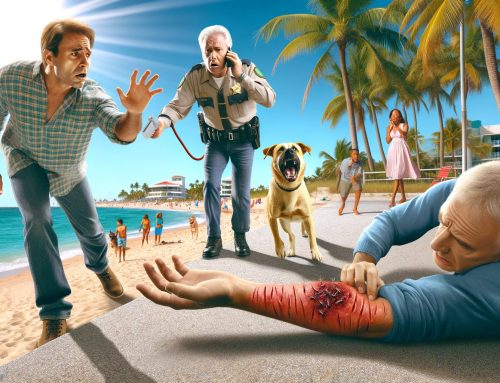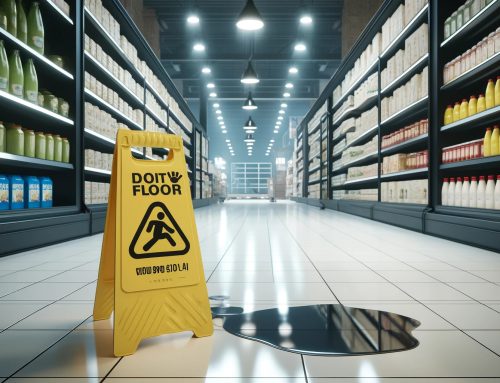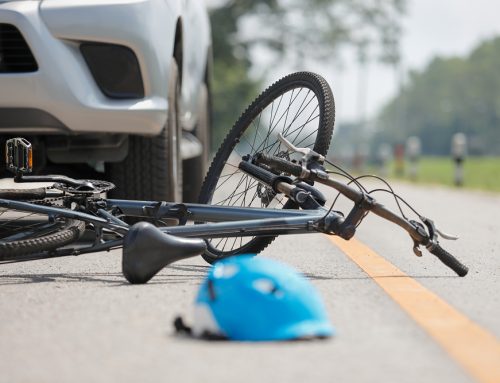What is Personal Injury Vicarious Liability?
A legal principle called vicarious responsibility is utilized to prove that one person or organization is accountable for the deeds of another. This means that in the case of a personal injury, an employer may be held accountable for injuries sustained by a worker while doing their job-related duties. The is why it is so important for employees to be alert while driving.
For instance, the vicarious liability theory may hold a delivery truck driver’s employer accountable if they negligently caused an automobile accident. This is so that the employer, who is in charge of making sure that employees are properly taught and equipped to do their jobs, can do so.
However, it is not always simple to prove vicarious culpability in a personal injury lawsuit. It’s crucial to remember that the employer will only be accountable if it can be demonstrated that the employee’s negligent behavior took place while performing their duties.
In the event of a personal injury, it is crucial to seek the advice of a qualified accident lawyer. At Tucker Law, we have a team of lawyers with expertise in personal injury and vicarious responsibility that can assist you in understanding your rights and pursuing the just compensation. To arrange a free consultation, contact us at 1-800-TuckerWins.
The unsafe instrumentality doctrine is an additional legal principle that may be relevant in personal injury situations in addition to the vicarious liability theory. According to this doctrine, even though the owner did not personally cause the injury, they can nevertheless be held accountable for damages brought on by the usage of a dangerous item (such a car or piece of equipment).
The rental car firm, for instance, might be held accountable under the dangerous instrumentality concept if a person is hurt in an automobile accident that is the result of a defective part in a vehicle that belongs to the rental car company. This is because the corporation was the owner of the vehicle, a hazardous piece of equipment, and the defective component that caused the tragedy happened while the vehicle was in use.
The injury must have been produced by the use of the instrument in a fashion that was reasonably foreseeable for the dangerous instrumentality theory to be applicable. Additionally, though this isn’t usually the case, the owner had to have been in a position to supervise or limit how the instrumentality was used.
Working with a lawyer with experience in personal injury law and knowledge of the dangerous instrumentality doctrine is essential in cases involving this legal theory. You can learn more about your rights and alternatives under the harmful instrumentality concept from the attorneys at Tucker Law, who are experienced in navigating the complexity of personal injury situations.
According to the strict responsibility concept, car owners are held accountable for the harm brought on by their use. According to this rule, a person or organization can be held responsible for the harm brought on by their behavior or possessions whether or not they were negligent.
The idea behind strict responsibility in the context of car ownership is that since the owner of a car has some degree of influence over it, they need to be held accountable for any damage it causes. This is especially true for businesses, like rental car companies or trucking firms, which have a moral and legal obligation to make sure that their drivers are properly trained and licensed and that their vehicles are in good operating order.
Another factor is that those who own cars have the money and insurance to pay out compensation to the victims, and they may also be in a better position to prevent accidents than other drivers.
The dangerous instrumentality doctrine, which specifically states that an owner of a dangerous instrumentality (such as a vehicle) can be held liable for injuries caused by the use of that instrumentality, even if the owner did not personally cause the injury, is also a factor in holding owners of vehicles accountable. This is due to the fact that the owner had control over the instrument and it was conceivably foreseeable that it could damage someone if it wasn’t maintained or used properly.








